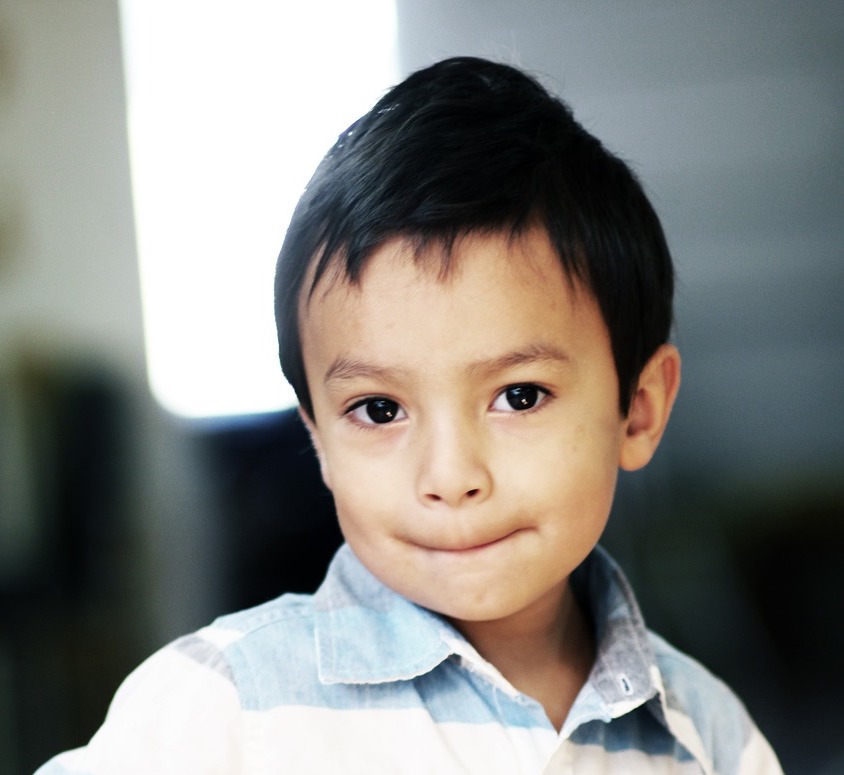 Our 7-year-old was recently diagnosed with autism spectrum disorder. He’ll be moved to a new classroom and begin ABA therapy in the next few weeks. Can you give us some advice on helping him understand what’s going on?
Our 7-year-old was recently diagnosed with autism spectrum disorder. He’ll be moved to a new classroom and begin ABA therapy in the next few weeks. Can you give us some advice on helping him understand what’s going on?
To answer this question, Autism Speaks experts, education specialist Lucia Murillo and social worker Lindsay Naeder, share some guidance on how to conduct the conversation based on your child’s perspective.
Conversation Tips
To the extent possible, bring your child into the conversation. Find out what questions he has. For instance, does he have questions about the diagnostic evaluation he just completed? About why he’s changing classrooms? Let his questions guide the conversation and help you ease his personal concerns. In the process, you’ll be letting your child know that his opinion is valuable. This will encourage him to come to you with concerns and challenges in the future.
Explain his move to a new classroom in positive terms. For example, you might say something along the lines of the following:
“We want to make sure you’re getting all the help you need in school. The teachers in your new class will be able to give you more one-on-one time and make sure you can follow what the class is doing.”
Explain that autism – the condition that his evaluation identified – explains some of his social and communication challenges. Relate these to his personal experience. For example, you might say …
“Everyone has strengths and challenges. For instance your sister is good at math but not so good at drawing – which is one of your special talents. Many kids who have autism share certain challenges. Remember when you missed doing the art project last week because all the noise and talking upset you? Well, many kids with autism have a hard time paying attention when many things are happening around them. In your new class, your teachers will understand this and help you.”
In preparing for your conversation with your son, it may help to talk with close friends and relatives, including your son’s older siblings or cousins. Ask what questions come up for them when they interact with your son. These insights can help you and your son understand what others might be wondering when they interact with him.
Excerpted from “How do we explain autism diagnosis & special class to our 7-year-old?” on Autism Speaks. Read the full article to learn more tips as well as helpful resources for parents.
Source: Autism Speaks | How do we explain autism diagnosis & special class to our 7-year-old?, https://www.autismspeaks.org/expert-opinion/how-do-we-explain-autism-diagnosis-special-class-our-7-year-old | © 2019 Autism Speaks Inc.
To schedule an evaluation or to get advice about your child’s challenges, call or email a CHC Care Coordinator at 650.688.3625 or careteam@stage.chconline.org




